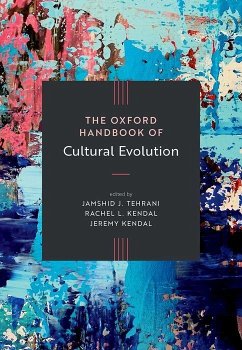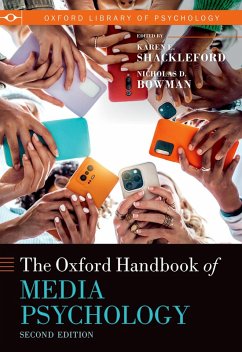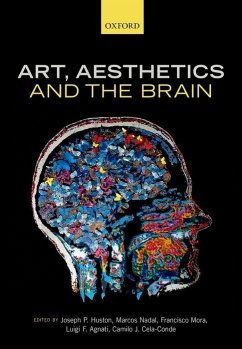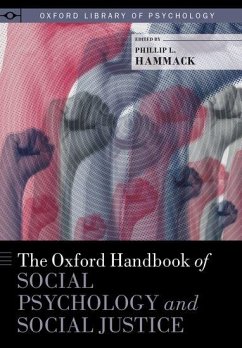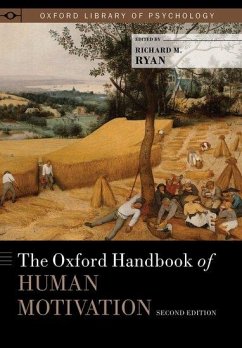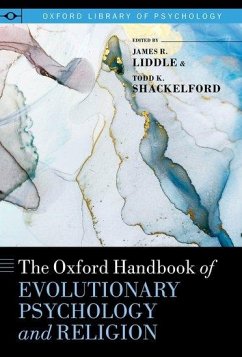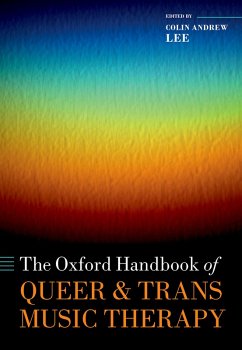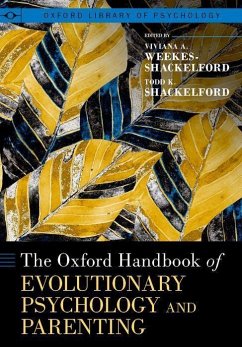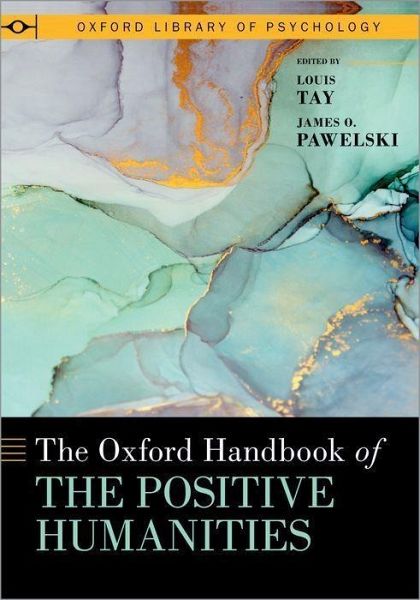
The Oxford Handbook of the Positive Humanities
Versandkostenfrei!
Versandfertig in über 4 Wochen
161,99 €
inkl. MwSt.
Weitere Ausgaben:

PAYBACK Punkte
81 °P sammeln!
This book reviews and synthesizes the theories, research, and empirical evidence between human flourishing and the humanities broadly, including history, literary studies, philosophy, religious studies, music, art, theatre, and film. Via multidisciplinary essays, this book expands our understanding of how the humanities contribute to the theory and science of well-being by considering historical trends, conceptual ideas, and wide-ranging interdisciplinary drivers between positive psychology and the arts.




